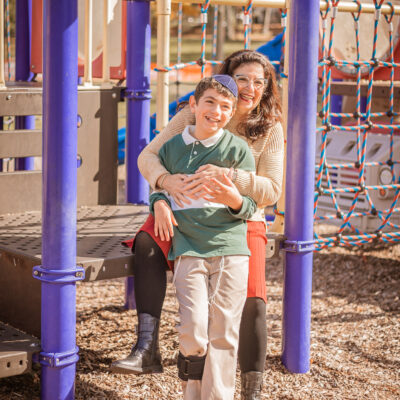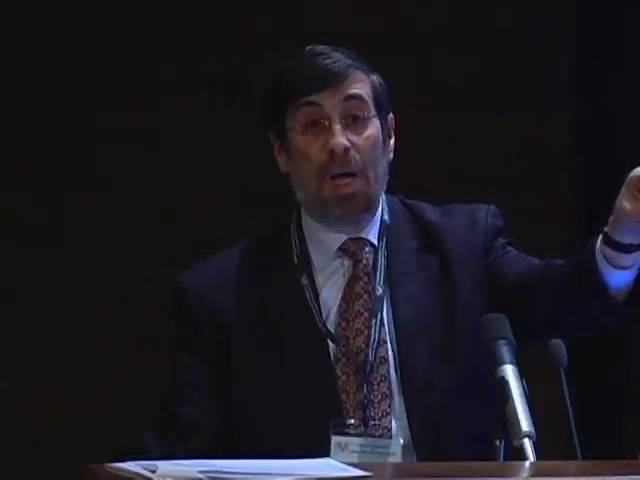Why You Should Encourage Your Child and their Future Spouse To Sign
The Halachic Prenup exists not only for the new couple, but also for their parents.
The greatest nightmare for any grandparent is having to hire lawyers, go to court and fight within the legal system just to see their precious grandchildren. Encouraging soon-to-be-married children to consider and sign a prenuptial agreement that includes provisions on child custody, relationships with grandparents, and the "Gett" process can be a proactive and responsible approach for parents. Firstly, addressing child custody arrangements in a prenup ensures clarity and reduces potential disputes in the event of separation or divorce. By delineating custody terms beforehand, parents can prioritize the well-being and stability of their children, providing a roadmap for their future care and nurturing a cooperative co-parenting environment.
In addition to custody matters, including provisions in a prenuptial agreement that commit both spouses to maintaining relationships between children and their grandparents is equally crucial. Grandparents often play a significant role in a child's life, offering love, guidance, and support. Acknowledging this relationship in a prenup safeguards the continuity of these connections, even in the face of marital challenges. This approach promotes a family-centric perspective and fosters an atmosphere of collaboration and respect, reinforcing the belief that the best interests of the children remain a shared priority.
Furthermore, specifying that a "Gett" will only be given when the terms are finalized in a court-enforceable agreement adds a layer of legal protection and fairness. A "Gett" is a Jewish divorce document, and by tying its issuance to a formalized, court-approved agreement, couples ensure that the process adheres to legal standards and prevents potential abuses. This safeguards the rights and well-being of both parties, fostering an environment of trust and accountability. In the end, such proactive planning not only protects the interests of the individuals involved but also contributes to the broader goal of maintaining healthy family dynamics and promoting stability for all family


